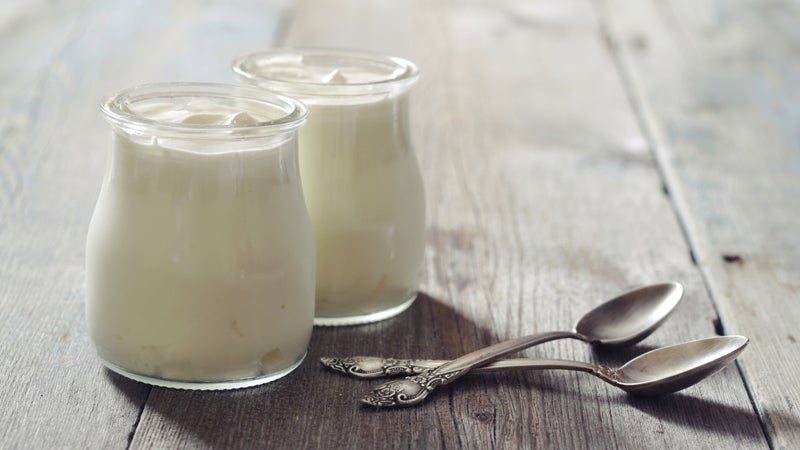It seems like every few months, new research comes out heralding a certain type of protein for people trying to build muscle or lose weight. For example, a study published this month found that whey protein provided “body composition benefits” when used in conjunction with resistance exercise. A few days later, another study found that a blend of soy, casein, and whey protein worked better than whey protein alone.
But the majority of these studies (including the two above) are funded by vested industry groups, says Bay Area-based sports nutritionist Julie Upton, RD, CSSD co-founder of Appetite for Health. “They don’t always use the most rigorous study designs to assess whether one protein source is better than another,” she says. “As a result, most experts don’t focus too closely on those results.”
What the experts do focus on, she says, is the well established finding that high-quality protein sources—those that contain essential branch-chain amino acids like leucine—are best for repairing and rebuilding muscle, and for maintaining muscle mass for those trying to lose weight. Whey supplements (derived from dairy) are among the highest sources of leucine, says Upton, but so are plenty of whole foods.
“I prefer people to eat as close to nature as possible, so I always recommend naturally occurring sources of leucine: Greek yogurt, smoothies made with milk or yogurt, cottage cheese, lean beef, fish, or poultry,” she says. (Soy is also a healthy choice, but it doesn’t contain as much leucine as animal-based sources.) If you do use a protein supplement after your workout, Upton suggests choosing a blend that contains both whey and casein. “Whey is a quick-to-digest protein and casein is slower to digest, so the combination is thought to be good.”
Don’t overdo it, though: The body can only effectively use 20 to 25 grams of protein at a time (that’s about one cup of Greek yogurt or half a boneless chicken breast), and for most athletes, it’s okay to get their fill at each meal and before bed. “Many athletes consume more protein than they need,” says Upton. “As long as you have high-quality protein at each meal—and you get enough in the 12 to 24 hours following a workout—there’s really no need to use supplements immediately after. It’s a real myth that there is this window of opportunity for building muscle after you exercise.”
Bottom line: Strive for a daily total of 1 gram of protein per pound of your lean body mass, says Upton, broken up over meals and a bedtime snack—and choose real foods over supplements whenever you can. (And who knows, maybe someday we’ll be refueling with insect protein—an idea that some experts believe could be right around the corner!)

